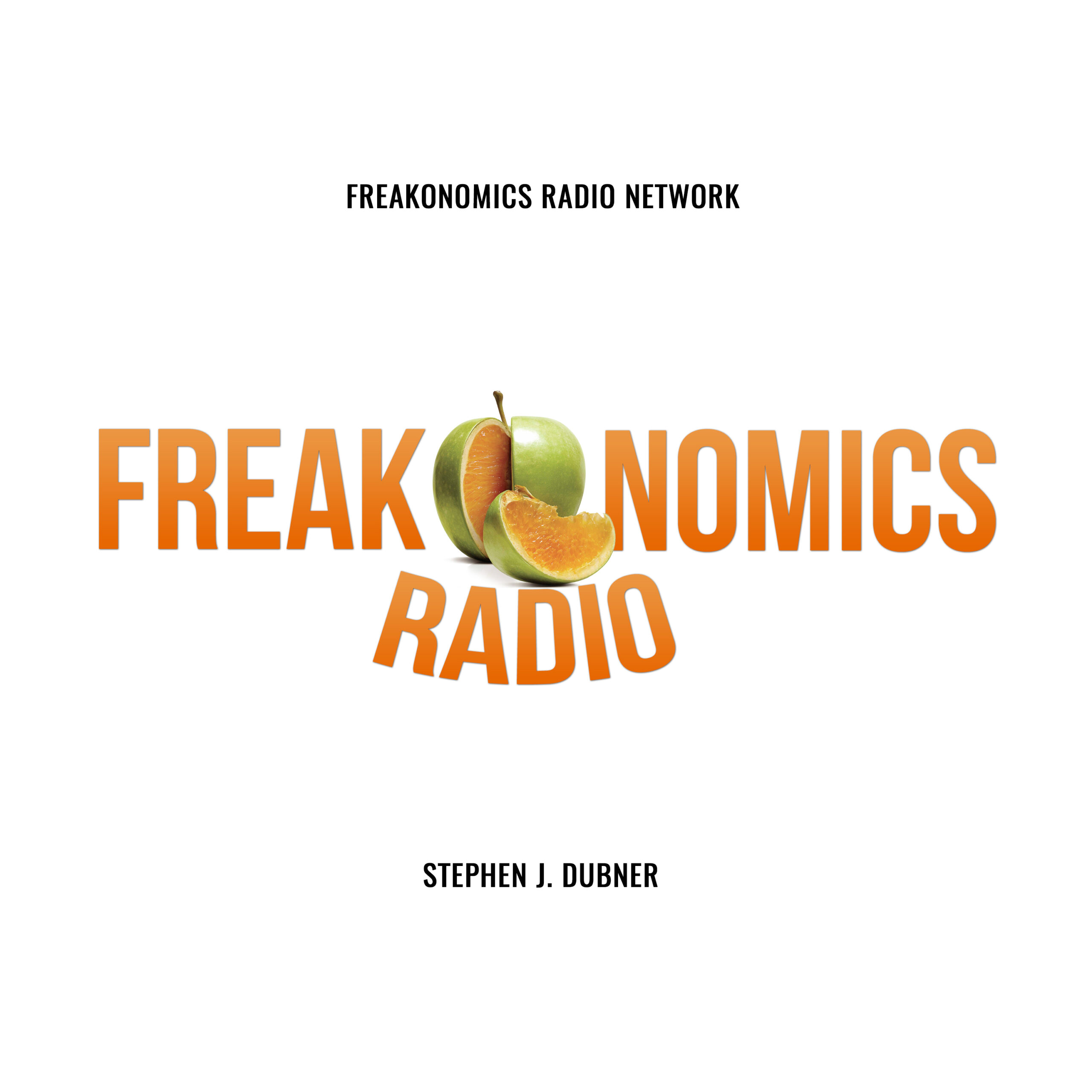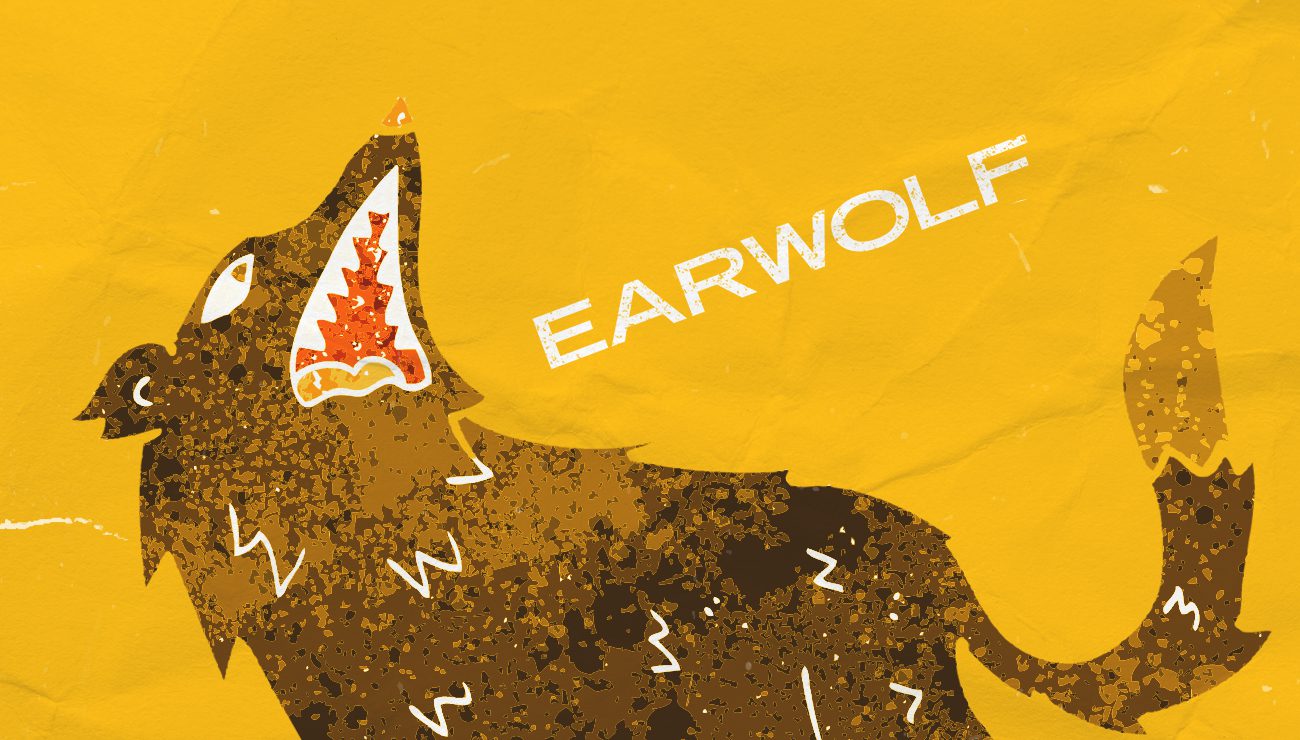- Deconstruct
- Posts
- #02
#02

Eid Mubarak!
Thanks for coming back. I’m writing from the sunny surburbs in the UK. I’m making the most of my time with family before I head back to Dubai later today. I hate goodbyes. Who doesn’t? 🥴 Anyway, if you’re new here, welcome! I’m sharing things I’ve learnt in the past two weeks. Maybe it will be something new for you or maybe it’s a lil’ nudge in case you forgot. Either way, I hope it’ll inspire you. :)
Reading
Make bangers not anthems by FF Studio
I’m really bored of reports and slide decks. I love how FF studio have been creative with their deliverables by exploring other mediums. Check out Fragments as an example of how they played back their findings in their research & design explorations.
A framework for thinking about team memory, joining up and serendipity in hybrid organisations by Emily Webber
I love Emily’s work on culture and building teams. This felt like a treat. It’s a really good framework on intentionally building the right environment for teams.
Some takeaways:
Break down information to avoid overload and repeat often as possible
Define practises & habits to keep teams informed & connected
Create a common goal to bridge siloed teams together
Share, share and share
Create spaces for serendipity
“Companies don’t have ideas; only people do. And what motivates people are the bonds and loyalty and trust they develop between each other.”
Taking up space: what it means and why I suck at it by Ellie Perkins
Such a good read and I found myself nodding as I read through. Could relate so much with how sometimes it can be awkward taking up space.
“Taking up space is:
Allowing yourself to be authentic.
Expressing your ideas/opinions with conviction.
Refusing to downplay your needs or talents.
Accepting your body as it is now.
Believing your voice is valid.
Not feeling guilty about occupying physical space.”
As you can see, a lot of taking up space is down to our belief in ourselves. If we don’t believe our voice is valid or don’t feel comfortable in our skin… it’s gonna be a struggle to take up space.
What makes a good leader?
This question has been on my mind lately. This post hits the mark. I’ve always referred back to some of the best leaders I’ve worked with in my past. I questioned what made them so good.
One of the common patterns I saw:
They prioritised the team over their own spotlight. If the team had a win, it was a win for them.
They never took credit for the team’s work.
They weren’t afraid of being vulnerable. If they didn’t have all the answers, they asked good questions.
There’s more to what I feel makes a good leader but I’ll save this for a blog post another day. For now, read Jehad’s thoughts around building “a culture of genuine curiosity and growth mindset.” I’m sure I’m gonna be referring to this again in the future too.
Good design is a dance between curiosity and criticality by Ida Persson.
Every action has a consequence so whatever we put out in the world with our designs, it can have unintended consequences. I really appreciate how Ida raised that when we ask “How might we…”, we must also ask “at what cost?”
The real challenge will then become… What do we do with the costs? Will we merely sit back and say “hard decisions have to be made” or will we actively find a way to reduce harm.
Watching
Paula Scher on creativity as a small defiant act of misbehaving [25 mins]
7 years old yet still relevant today. I love how she ignores the rules of the brief and does what she believes is right.
“It’s hard to rebel against yourself. It’s much easier to rebel against someone else’s stupidity but it’s very hard to recognise your own.”
Roger Federer’s commencement speech at Dartmouth [25 mins]
5 take-aways for me:
Effortless is a myth: You have to make it very hard to make it look easy. Everyone can play well at the beginning, discipline can start to fade after a while.
Belief in yourself has to be earned: To amplify the game and options, you need a whole arsenal of strength. Talent does matter but most of the time, its about having grit. Discipline is also a talent and so is patience. Trusting yourself is a talent.
It’s only a point. Sometimes you lose, sometimes you win. At the end of the day, it's just a point. It frees you to focus on the next point with focus, commitment and clarity.
Negative energy is wasted energy. The best in the world is a master at overcoming hard moments. They learn how to deal with losing.
Start before you’re ready. Because sometimes you’ve really got to take a chance and then figure it out. Life is really bigger than the court.
Listening
'Signs of progress, one year at a time' with Tom Whitwell on Freakonomics [1 hour]
An episode where Tom dives into how he creates a list of 52 things (facts) he learnt. It’s a good idea and good way to track your growth if you’re into that. Will try this out. I’ve seen others do a version of this but on things they’ve achieved at work as way to track progress at work.
How to read people with Annie Särnblad on I weigh with Jameela Jamil [50 mins]
Good episode on understanding cues from people’s facial expressions. I’ve been trying to find a video version as I wanted to watch the facial expressions that Annie was referring to but haven’t found videos of the same episode yet. Why listen to this episode anyway?
“Like this feels like the time where we most need to be able to decipher honesty when it comes to who we choose to go to bed with, or who we choose to live with, or who we choose to work with, or who we choose to vote for.”
That’s it for now. See you in 2 weeks inshaAllah!
Stay strong :)

